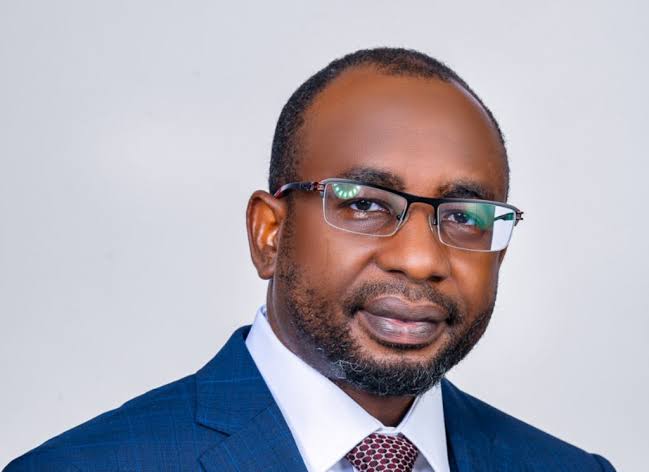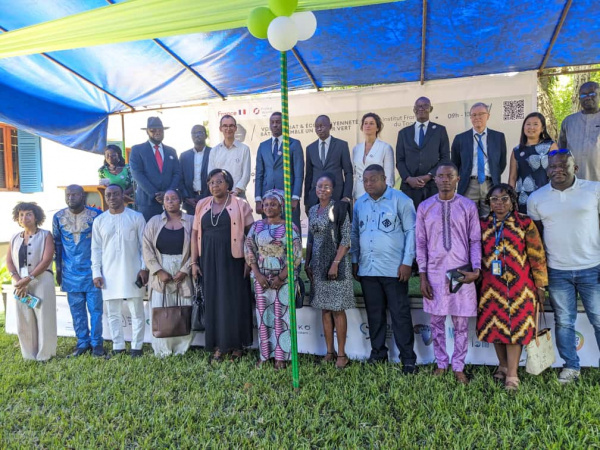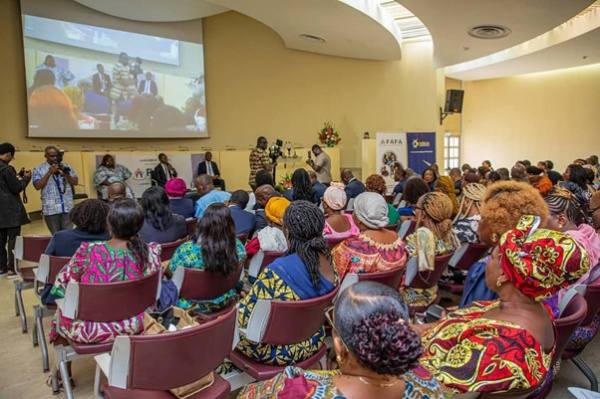Abuja, Nigeria – The National Information Technology Development Agency (NITDA) has reiterated the transformative power of technology, describing it as a “neutral tool” that can be strategically harnessed to accelerate Nigeria’s socio-economic and cultural development.
Speaking at a recent virtual panel themed “Culture and Innovation: The Changing Landscape and Technoculture,” NITDA’s Director-General, Malam Kashifu Inuwa Abdullahi, CCIE, emphasized technology’s potential in shaping a balanced future that preserves cultural identity while advancing economic growth. Represented by Barr. Emmanuel Edet, Acting Director of Regulation and Compliance, Inuwa explained that technology is inherently neither good nor bad; its impact is determined by its application.
The event, organized jointly by the Federal Ministry of Arts, Culture and the Creative Economy, the Nigerian Economic Summit Group (NESG), and UNESCO, provided a platform for thought leaders to examine the evolving relationship between culture and digital innovation.
Inuwa highlighted the importance of creating policy frameworks and fostering public-private collaboration to ensure that technological advancement aligns with Nigeria’s development objectives and cultural values.
He cited tools like Canva, CorelDRAW, and Figma—now powered by Artificial Intelligence (AI)—as game-changers for creatives and entrepreneurs. To this end, NITDA has deployed digital learning centers across Nigeria and, through the National Centre for Artificial Intelligence and Robotics (NCAIR), is offering training in emerging tech fields to enhance productivity.
Nigeria’s National Artificial Intelligence Strategy and the National Blockchain Policy were also mentioned as major milestones. These initiatives, according to NITDA, support intellectual property protection and empower creatives to tokenize their content, combatting copyright issues.
With strong digital policies and an inclusive innovation ecosystem, NITDA envisions a future where technology drives cultural preservation, job creation, and national competitiveness. The agency’s focus is on ensuring that technology is used in a way that benefits all Nigerians and contributes to the country’s overall development.









